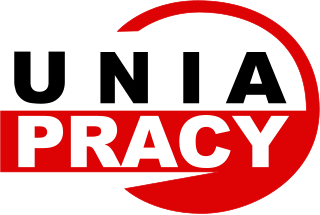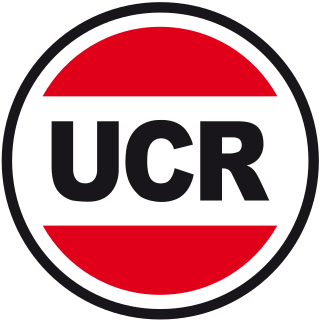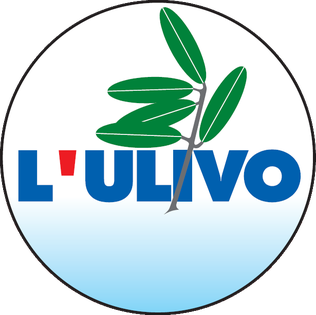It is proposed that this article be deleted because of the following concern:
If you can address this concern by improving, copyediting, sourcing, renaming, or merging the page, please edit this page and do so. You may remove this message if you improve the article or otherwise object to deletion for any reason. Although not required, you are encouraged to explain why you object to the deletion, either in your edit summary or on the talk page. If this template is removed, do not replace it . The article may be deleted if this message remains in place for seven days, i.e., after 22:25, 21 August 2024 (UTC). Find sources: "Socialist Alliance" England – news · newspapers · books · scholar · JSTOR Nominator: Please consider notifying the author/project: {{ subst:proposed deletion notify |Socialist Alliance (England)|concern=Fringe defunct electoral alliance. No demonstration of notability (no RS results from searches online), nor any other suggestions such as control of a principal authority or MP. Therefore fails WP:GNG and should be deleted.}} ~~~~ |
This article needs additional citations for verification .(February 2024) |
The Socialist Alliance was a left-wing electoral alliance in England between 1999 and 2005.










